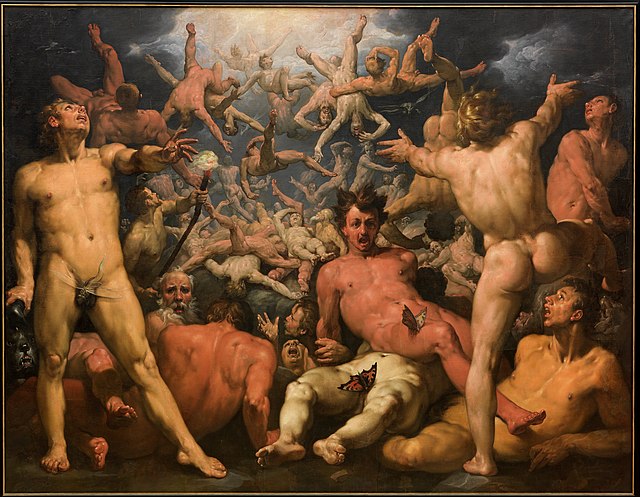Infinite photos and videos for every Wiki article ·
Find something interesting to watch in seconds
Sports
Celebrities
Supercars
History by Country
Great Cities
Largest Palaces
Recovered Treasures
Great Museums
British Monarchs
Great Artists
Richest US Counties
Wars and Battles
Famous Castles
Rare Coins
Orders and Medals
Presidents
Ancient Marvels
Best Campuses
Largest Empires
Crown Jewels
Kings of France
Wonders of Nature
Animals
Countries of the World
World Banknotes
Tallest Buildings
more top lists





